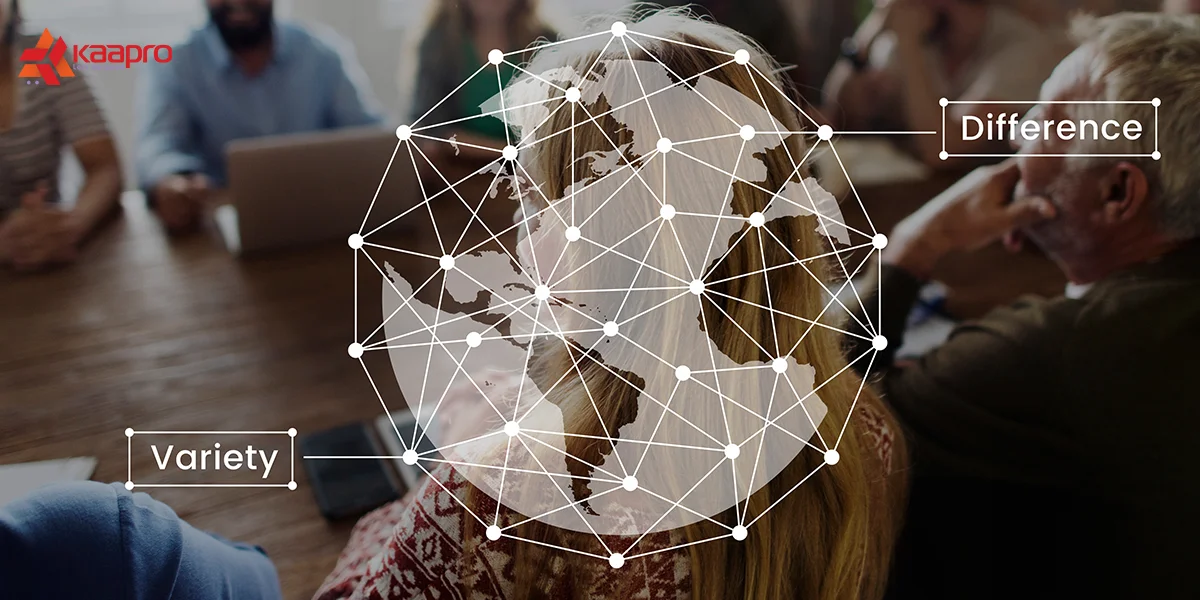Businesses are expanding their operations internationally in the age of globalization, creating a workforce that is multicultural and diverse. While this diversity can bring a wealth of perspectives and talents, it also presents challenges in terms of navigating cultural differences. Human resources professionals play a pivotal role in fostering an inclusive and harmonious work environment.
Here are the five best HR strategies for successfully navigating cultural differences in a global workforce.
- Embrace cultural training initiatives
One of the fundamental steps in managing a global workforce is providing cultural sensitivity training for all employees. HR can organize workshops and training sessions to raise awareness about cultural nuances, communication styles, and workplace expectations.
By educating employees on diverse cultural practices, businesses can minimize misunderstandings and foster a more inclusive atmosphere. The training should cover not only the basics of different cultures but also address common stereotypes and biases. Emphasize the importance of open-mindedness and respect for diverse perspectives.
- Diversity and Inclusion Policies
Implementing diversity and inclusion policies is crucial for creating a workplace where every employee feels valued and respected. HR professionals should work towards developing policies that promote equal opportunities, irrespective of cultural background.
This includes fair hiring practices, promotion strategies, and remuneration policies. Regularly review and update these policies to ensure they remain relevant and effective in addressing the evolving needs of a global workforce.
Encourage open communication channels for employees to express concerns or suggestions regarding diversity and inclusion. By fostering an inclusive culture, HR can build a strong foundation for a harmonious global work environment.
- Cross-Cultural Communication Strategies
Effective communication is the backbone of any successful organization, especially when dealing with a diverse and dispersed workforce. HR should develop communication strategies that accommodate different communication styles, languages, and cultural norms.
This may involve using various communication channels, providing translation services, and promoting active listening. Encourage the use of collaboration tools that facilitate seamless communication among team members in different geographical locations.
HR can also organize cross-cultural communication workshops to improve interpersonal skills and enhance the effectiveness of virtual communication. By investing in these strategies, businesses can reduce misunderstandings and promote a more cohesive global team.
- Global Talent Mobility Program
To leverage the diverse skills and perspectives within a global workforce, HR can implement talent mobility programs. These programs enable employees to gain international experience by working in different offices or regions. By facilitating such exchanges, HR Strategies not only enrich the professional development of employees but also promote cultural exchange and understanding.
Coordinate with different offices to create streamlined processes for global talent mobility. Provide resources and support for employees moving to new locations, including information on local customs, housing, and cultural practices.
Global talent mobility programs can foster a sense of unity among employees across different regions and enhance overall organizational performance.
- Regular cultural audits and feedback loops
To ensure the ongoing effectiveness of cultural diversity initiatives, HR should conduct regular cultural audits. These audits involve evaluating the cultural dynamics within the organization, identifying areas for improvement, and measuring the success of implemented strategies.
Use surveys, focus groups, and one-on-one interviews to gather feedback from employees about their experiences with cultural diversity in the workplace.
Based on the findings, HR can make data-driven decisions to refine existing policies and practices. Establishing a continuous feedback loop ensures that the organization remains adaptable and responsive to the evolving needs of its global workforce.
Connect with us for comprehensive HR solutions.
In conclusion, successful HR Strategies for managing cultural differences in a global workforce require a multifaceted approach. By embracing cultural training, establishing clear communication, fostering diversity, implementing mobility policies, and developing a global leadership team, organizations can build a cohesive and high-performing international workforce.
As an HR consultancy specializing in recruitment, payroll, and staffing services in India, we understand the significance of implementing these HR practices. Navigating cultural differences is not just about compliance; it’s about unleashing the full potential of your global workforce. Embrace diversity, invest in training, and watch your business thrive on the global stage.
For tailored HR solutions that address the unique needs of your global workforce, connect with our consultancy. From recruitment to payroll and staffing services in India, we are committed to helping your business navigate the complexities of cultural diversity and drive success in the global marketplace.


